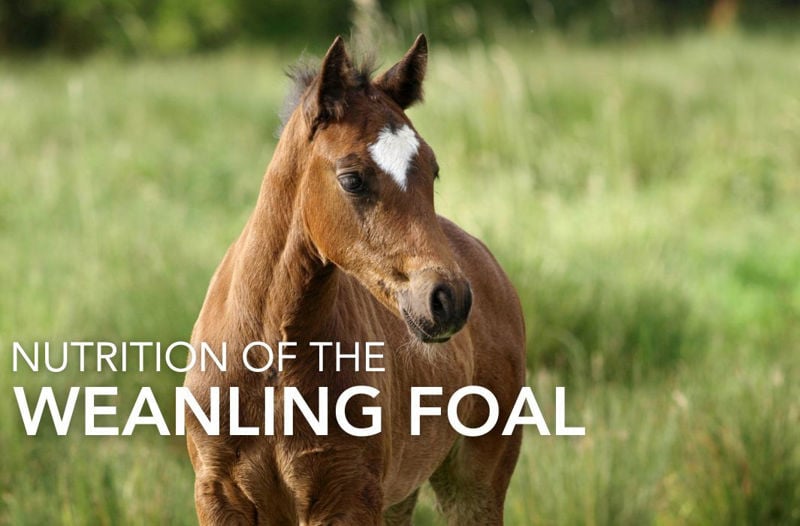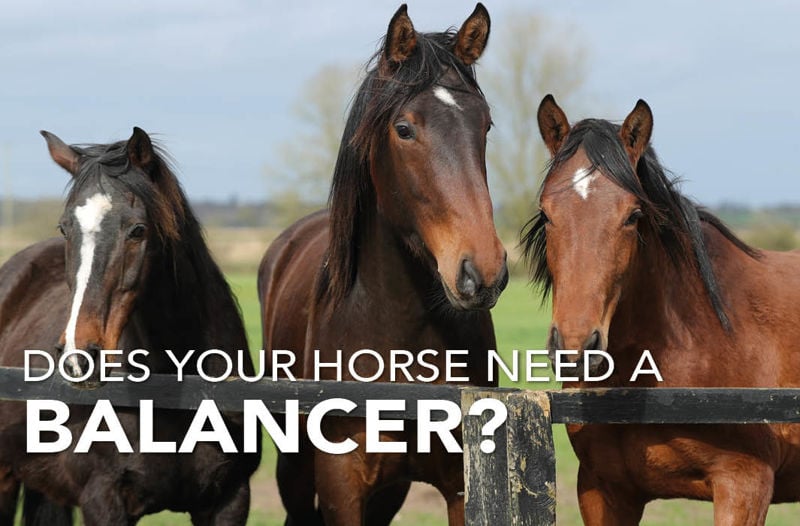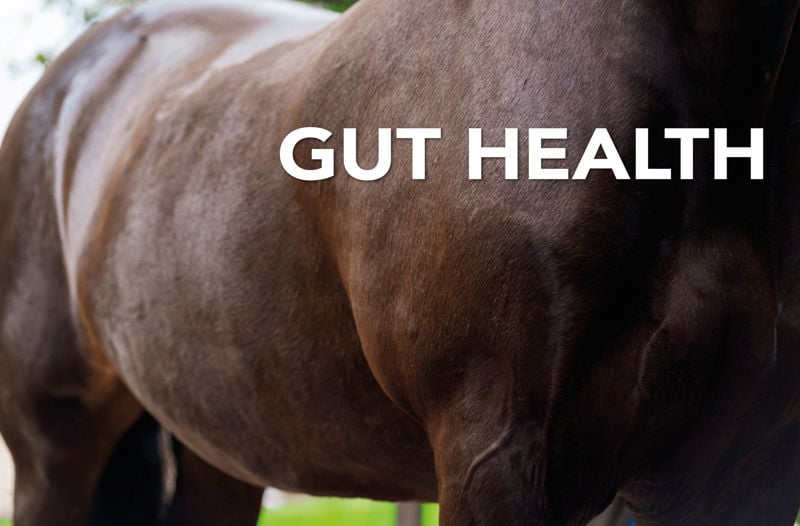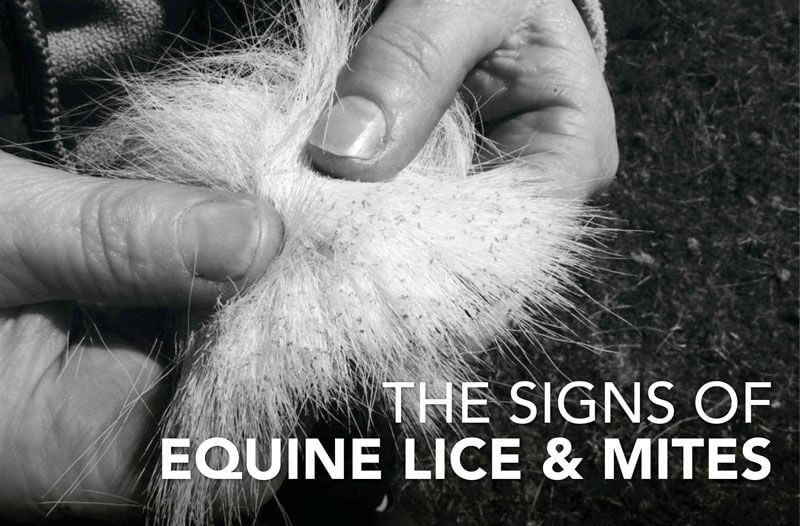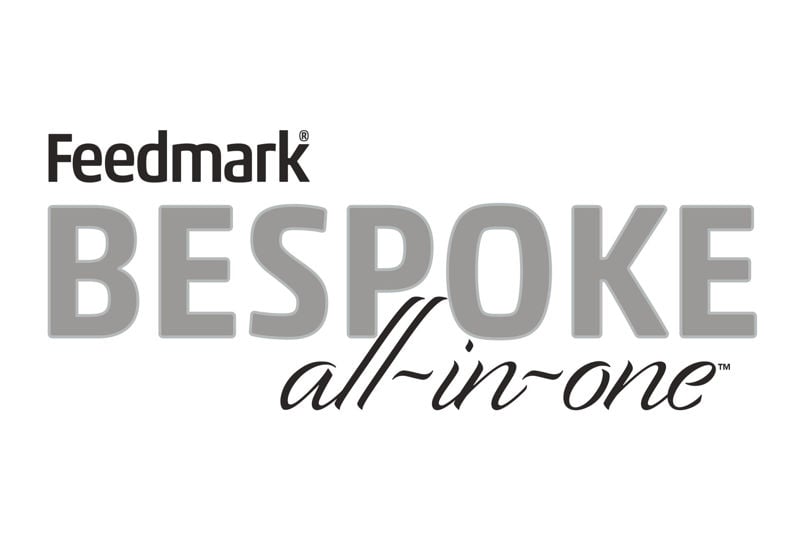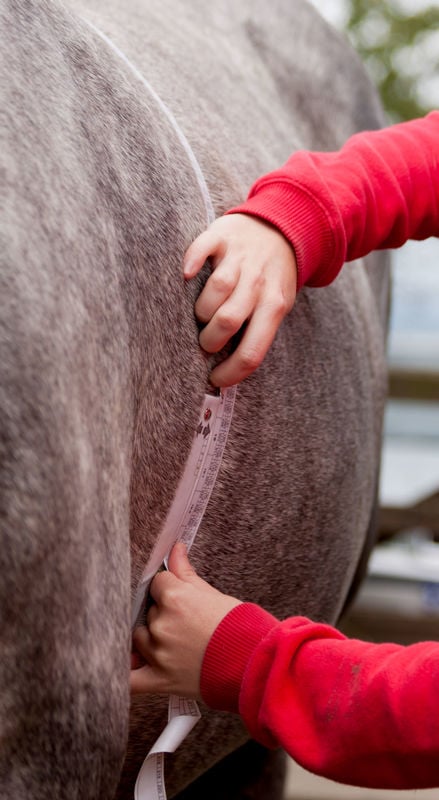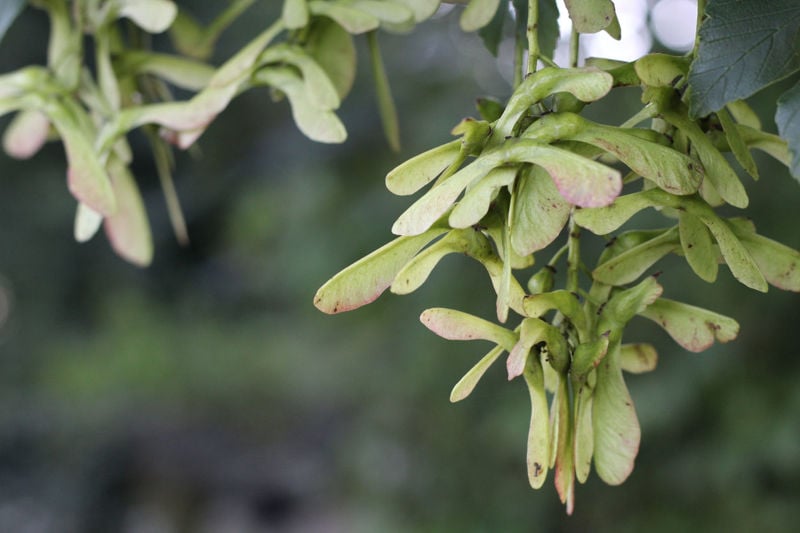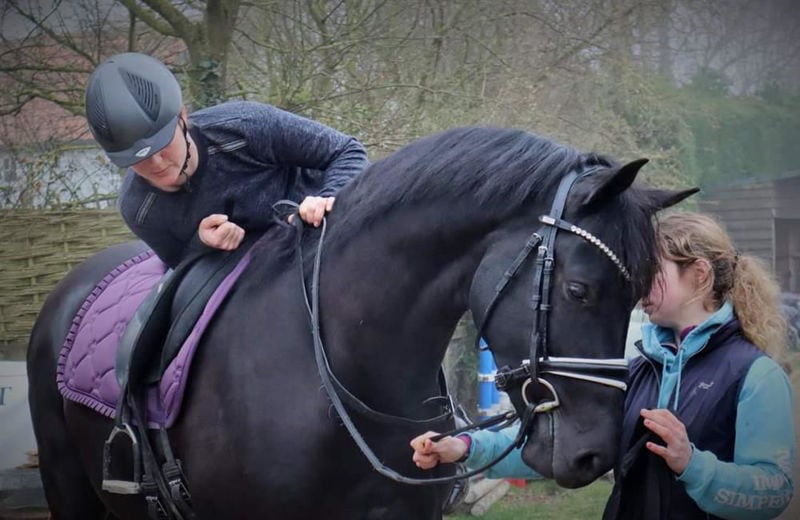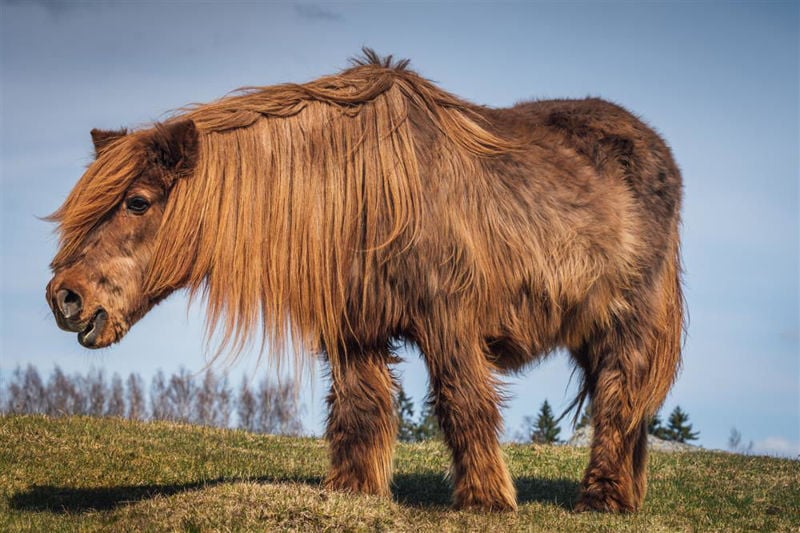Feedmark Nutritionist, reviews the nutritional requirements of growing foals from weaning to twelve months.
Close
45 YEARS AT THE CENTRE OF EQUINE NUTRITION™
-
Products
- Bespoke All-in-One™
- Back
- Horse Joint Supplements
- Horse Digestion Supplements
- Horse Muscle Supplements
- Horse Vitamins & Minerals
- Horse Calming Supplements
-
Horse Respiratory Supplements
- Back
- Clarity®
- Horse Hoof Supplements
- Horse Skin & Coat Supplements
- Horse Health Supplements
- Supplements for Older Horses
- Horse Breeding Supplements
-
Horse Hormone Supplements
- Back
- Hormonease™
- Horse Treats
-
Herbs for Horses
- Back
- Boswellia
- Burdock Root
- Celery Seed
- Chamomile
- Chastetree Berry
- Cider Apple Vinegar
- Cinnamon
- Clivers
- Comfrey
- Dandelion Roots & Leaves
- Devil's Claw
- Echinacea
- Fenugreek Seeds
- Fussy Feeder
- Garlic Powder
- Hawthorn
- Hedge Herbs
- Liquorice
- Marigold Flowers
- Marshmallow Root
- Meadowsweet
- Milk Thistle Seeds
- Mint
- Nettle
- Rosehips
- Seaweed
- Slippery Elm
- Spirulina
- Turmeric
- Yucca
- Canine
- Gift Cards / Rewards
- ABOUT US
- Contact Us
- Knowledge base
Menu
-
Products
- Back
- Horse Joint Supplements
- Horse Digestion Supplements
- Horse Muscle Supplements
- Horse Vitamins & Minerals
- Horse Calming Supplements
-
Horse Respiratory Supplements
- Back
- Clarity®
- Horse Hoof Supplements
- Horse Skin & Coat Supplements
- Horse Health Supplements
- Supplements for Older Horses
- Horse Breeding Supplements
-
Horse Hormone Supplements
- Back
- Hormonease™
- Horse Treats
-
Herbs for Horses
- Back
- Boswellia
- Burdock Root
- Celery Seed
- Chamomile
- Chastetree Berry
- Cider Apple Vinegar
- Cinnamon
- Clivers
- Comfrey
- Dandelion Roots & Leaves
- Devil's Claw
- Echinacea
- Fenugreek Seeds
- Fussy Feeder
- Garlic Powder
- Hawthorn
- Hedge Herbs
- Liquorice
- Marigold Flowers
- Marshmallow Root
- Meadowsweet
- Milk Thistle Seeds
- Mint
- Nettle
- Rosehips
- Seaweed
- Slippery Elm
- Spirulina
- Turmeric
- Yucca
- Canine
- Gift Cards / Rewards
- ABOUT US
- Contact Us
- Knowledge base
Dr. Stephanie Hyland BSc (Hons)
 Please call Stephanie Hyland MSc. RNutr. on 0800 585525
Please call Stephanie Hyland MSc. RNutr. on 0800 585525
for qualified nutrition advice.
 Please call Stephanie Hyland MSc. RNutr. on 0800 585525
Please call Stephanie Hyland MSc. RNutr. on 0800 585525 for qualified nutrition advice.
Filters
Blog Options
Blog archive
- 2025
- 2024
- 2023
- 2022
- 2021
- 2020
- 2019
- 2018
- 2017
- 2016
- 2015
- 2014
Blog posts tagged with 'condition'
Our Senior Nutritionist investigates equine feed balancers, how they differ from general vitamin and mineral supplements and what types of horses may benefit from them.
It is vital to maintain gut health in horses and to ensure you are managing your horse in a way that promotes equine gut health, through an understanding of the anatomy and physiology of the equine digestive system.
External parasites pose a threat to horse health and can cause irritation and distress. We look at ways you can support your horse and how to manage and prevent equine lice and mites.
Dr. Stephanie Wood explains how the Feedmark team create your horse's Bespoke All-In-One™ to make a truly personalised formulation.
Feedmark's Nutritionist investigates the ways in which you can manage your horse's grass intake...
Our Nutritionist investigates what Atypical Myopathy is and how you can reduce the risk for your horse
To help raise further awareness and stop the stigma associated with Strangles, Feedmark's Science and Nutrition Department explain what it is and the potential symptoms. Our Senior Nutritionist also gives advice on how to prevent an outbreak and what to do if you think your horse may have this common bacterial disease.
Feedmark's Dressage rider, Elly Darling, gives an insight into backing young horses and explains how she recently backed her young stallion, Boss...
Our nutritionist discusses hormone imbalances in equines – discover tips on managing non-shedding winter coats along with optimising health and comfort through nutrition.
What is Equine Asthma? Our nutritionist discusses the new terminology used for respiratory issues and explains how to optimise the function and health of your horse’s respiratory system. Read on to support clear breathing and optimal comfort…
With Spring on the way many owners are looking forward to having some new arrivals! It can be a nerve-racking time for those with broodmares, keeping them and the unborn foal happy and healthy. Feeding the broodmare does not have to be complicated, but here are few points that should be considered...
Copyright © 2025 Feedmark Ltd. All rights reserved.

